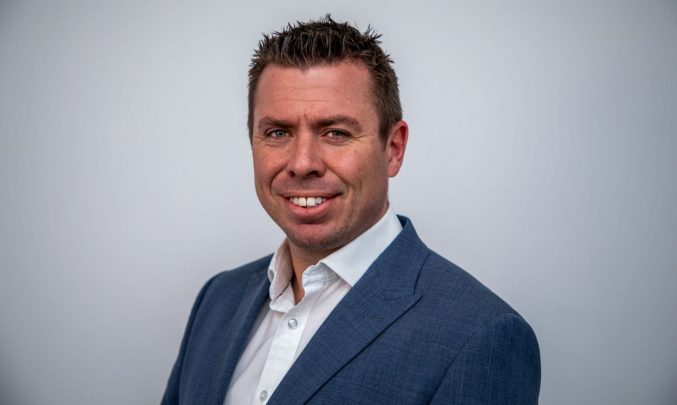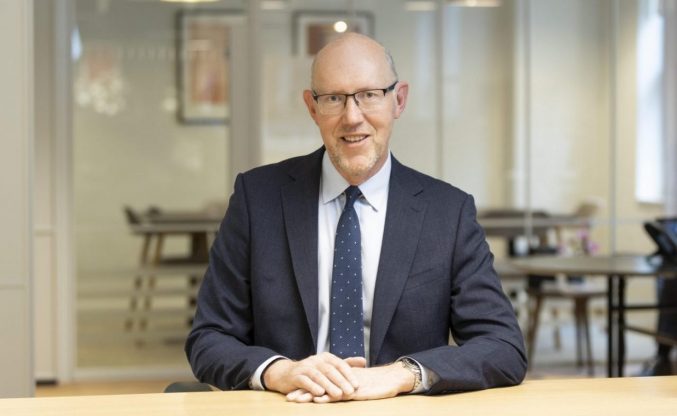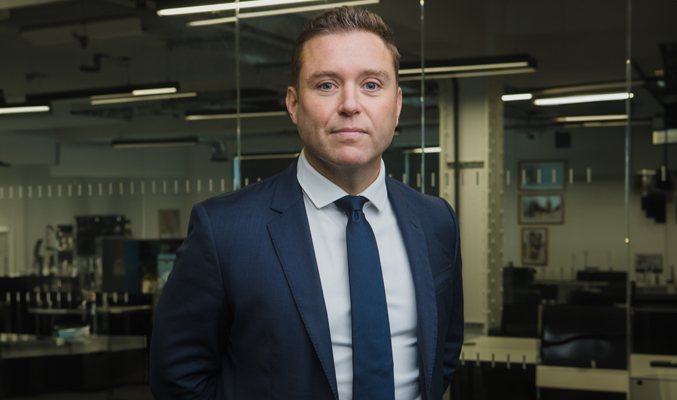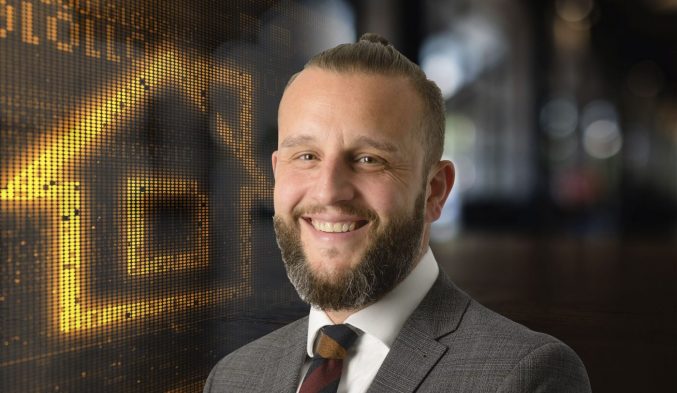Three sentenced to jail for operating £27.5m boiler room scam
By Bridging Loan Directory
Three men were sentenced today at Southwark Crown Court to a total of 19 years in jail for boiler room fraud, following a long running and detailed investigation by the Financial Services Authority (FSA), City of London Police (CoLP) and Eurojust. The Crown Prosecution Service (CPS) conducted the prosecution.
Tomas Wilmot, the ringleader of the operation, has been sentenced to nine years imprisonment, while his sons Kevin and Christopher were given five years imprisonment each. The sentences were passed following the individuals’ convictions on four offences of conspiracy to defraud which resulted in £14 million of losses.
The Wilmots controlled a syndicate of boiler rooms that defrauded an estimated 1,700 investors of £27.5 million in total. Many of the victims were elderly and, in some cases, suffering from serious illnesses.
Today the court found that the three Wilmots conspired to acquire, transfer and sell millions of low value, worthless and sometimes non-existent shares to victims in the UK.
His Honour Judge Leonard QC, sentencing, commented:
“You ran a highly successful enterprise. You deprived many individual investors of substantial amounts of money; for some that was money they could not afford to give up. It was a staggering amount of £14 million.
“You’ve sailed so close to the wind in your commercial enterprises it was not a surprise the FSA investigated you.
“[Speaking to Kevin and Christopher Wilmot] Both of you played an important role including the mechanics of sending documents to give false comfort to investors. Tomas Wilmot said he could not do it alone, and he did not.”
Overview of the investigation
Searches conducted in relation to another boiler room investigation in late 2007 implicated the Wilmots and, after preliminary enquiries, the FSA commenced a formal investigation in July 2008.
In May 2009, 93 FSA and CoLP investigators carried out a series of coordinated searches at the home addresses of the suspects in Guildford and Horsham, and at their office in Bramley, Surrey. During the raids 48 digital items (such as computer hard drives and other storage devices) were seized along with 67,000 documents. From that point the investigation became a joint effort with CoLP.
As the investigation continued the full scale of the operation was revealed:
- 16 different boiler rooms (see full list in Notes to Editors) had sold shares to 1,700 different UK victims between 2003 and 2008;
- £27.5m was paid into five UK bank accounts;
- Approximately £14m was transferred out of the five UK accounts to offshore banks in Malta, Lithuania and Spain; and
- The boiler rooms were based predominantly in Spain but the back office, accounts and companies used in the operation were from Malta, Italy, Slovakia, Lithuania, Austria, Andorra, Brazil, Belize, Dubai and a number of Caribbean islands.
The individuals
Tomas Wilmot
Tomas Wilmot was the ringleader of the operation and decided the overall strategy of the syndicate. Amongst other things, he was central to the procurement of shares for sale through boiler rooms and instructed others to create entities that were used as boiler rooms and to sell shares to victims.
Kevin Wilmot
Kevin Wilmot was involved in the day to day mechanics of the administration of the various schemes, including providing instructions to the people operating UK and offshore accounts for the scheme.
Christopher Wilmot
Christopher Wilmot played a key role in giving the various scams credibility as he controlled a Slovakian IT company, Page Conception, that designed and hosted websites used in the fraud. Furthermore, expert analysis showed that forged signatures on share transfer forms were made by his hand.
The court process
The Wilmots were charged in June 2009 and went to trial in May 2011. By the time the case reached the courts investigators had produced 21,000 documents in evidence and 350 witness statements – 85 of whom were victims of the boiler rooms.
Tracey McDermott, the FSA’s acting director of enforcement, said:
“This was a highly sophisticated scam that made use of offshore structures to launder the funds, put distance between the Wilmots and the boiler rooms, and ultimately disguise the nature of the business. That meant that what started out as a UK-based FSA investigation had to evolve into a joint, then global, operation to bring the perpetrators to justice.
“The individuals convicted today sought to cloak their activities within an aura of respectability to deceive investors, many of whom were vulnerable or elderly. They are, however, nothing more than cold-hearted criminals who profited from stealing other people’s money.
“These are significant verdicts. It signals another victory in our ongoing fight against boiler room fraud and unauthorised business more widely. This outcome reflects not only our continuing close and productive working relationship with other UK bodies but also shows the FSA working with European authorities, such as Eurojust, to go the extra mile to ensure perpetrators of these crimes can be brought to justice.”
Detective Superintendent Bob Wishart, from CoLP, said:
“The Wilmots were the architects of a major network of criminality that ruthlessly targeted some of the most vulnerable people in our society, stealing their savings and ruining their lives. Thanks to this multi-agency investigation their international boiler room fraud has been dismantled and they are now facing several years behind bars.
“The evolving nature of fraud sees British criminals increasingly trying to hide their operations in foreign countries and siphon off their profits using a myriad of global bank accounts. To counter this threat and ensure all fraudsters can be traced demands national and international collaboration between an expanding circle of organisations from different sectors, an approach to which both the City of London Police and the FSA are 100% committed.”
Antony Swift, reviewing lawyer for the CPS’s Central Fraud Group, said:
“I hope that what has happened in court today provides some comfort to the victims of the Wilmots. We must all remember that such frauds are not victimless. Criminals such as the Wilmots cheat small businesses and retired couples out of money they have worked long and hard for and in doing so also cheat them out of a better future.
“We will now begin the process of confiscating as much of this money from the Wilmots as we can. I cannot promise that the victims will receive all or most of their money back, but we will continue to work tirelessly to ensure the Wilmots do not keep any of their ill gotten gains.”
The investigation was the first time the FSA had secured the support of Eurojust. Eurojust coordinates investigations in several EU member states that resulted in vital information and evidence being obtained that helped convict the Wilmots.
Boiler rooms
Share fraudsters usually contact people by telephone to con investors into buying non-tradable, overpriced or even non-existent shares. These fraudsters are unauthorised, normally overseas-based companies with fake UK addresses and phone lines routed abroad. In the vast majority of cases, investors lose all of their money.
If you are contacted out of the blue by somebody trying to sell you shares, you should:
- Hang up the telephone if you receive an out-of-the-blue call offering shares;
- Check the FSA Register to see if the person selling shares is authorised to do so;
- Call the company back using the details on the FSA Register to verify its identity; and
- Report any company that cold calls you to buy or sell shares to the FSA or the Action Fraud.
The FSA maintains a list of known unauthorised businesses on its website. The list is updated regularly with details of businesses that are believed to be are involved in boiler room activities and could be dangerous to investors.
If anybody thinks they may have been contacted by a boiler room they can call the FSA’s consumer helpline for further guidance: 0845 606 1234.
The FSA also provides more information on boiler rooms, as well as other types of financial scams.









